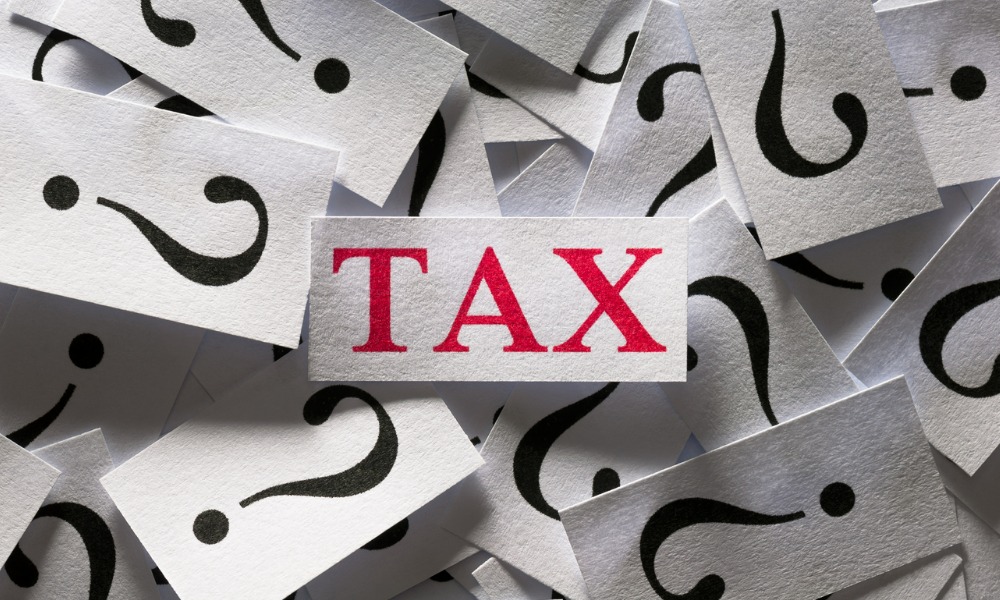Survey finds two fifths of Canadians have ‘no idea’ whether they’ll get a refund or wind up owing the CRA

While there may be a ray of hope at the end of the tunnel, Canadians indicate that 2021 was a disruptive year for their personal finances, with changes in income, employment, and COVID-19-related perks fueling a sense of dread as the tax filing deadline approaches.
According to new study commissioned by H&R Block, many Canadians perceive this tax season as a “wildcard,” with 40% claiming they have "no clue" whether they will owe money or receive a refund, and a quarter (26%) claiming they do not have the financial means to pay taxes this year, should they occur.
This year's filing season, Canadians are concerned about several important tax problems and uncertainties. In 2021, 52% of Canadians who saw a decrease in income are unsure how this will affect their tax situation.
The tax ramifications of claiming government assistance due to the epidemic are unknown to 49% of those who did so. Forty-five per cent of Canadians with work-from-home costs are unsure how to claim their expenses. Similarly, 41% of Canadians who got COVID-19-related benefits in 2020 and/or 2021 are concerned that they may owe money.
"With more than 400 different tax deductions and credits available - together with shifting financial circumstances fuelled by the pandemic - filing your taxes can feel confusing and daunting," Peter Bruno, President at H&R Block Canada, stated. "But it's imperative not to lose sight of the many tax benefits and credits that you may be entitled to; many of which are new or have evolved from prior years.”
In 2021, more than half of Canadians (52%) say their employment or financial position has been negatively impacted, which is slightly higher than the previous year's figure of 50%. The income of 19% of people has decreased. Working from home was required for 18% of the workforce. Sixteen per cent indicated they had to use their savings to help with cash flow. Five per cent of those who lost their jobs took on a side hustle or a gig economy employment to supplement their income.
In contrast, 43% of Canadians think the epidemic has had no effect on their financial status, and one-in-ten (10%) claim their income has increased in 2021. Around a third of Canadians (29%) said they rely on a tax refund to get by after a difficult financial year or to stay afloat.
Canadians are being cautious and practical when it comes to their spending intentions for their tax refund. Three-fifths of Canadians (58%) said they'd spend their return to pay down debt, pay off bills, or buy necessities. That includes paying down credit card debt (30%), paying off bills (27%), and buying daily essentials (25%). Another 19% said they’d invest their tax refund in an RRSP, RESP, or TFSA.
Only 11% would spend their refund on something special for themselves or their family, while 12% would put it toward a vacation.
"The reality is that there is no one-size-fits-all approach to tax filing," adds Bruno. "What's important is for Canadians to seek tax expertise if they are uncertain about all the benefits and credits they may be entitled to. And file before the deadline to avoid interruptions.”



